Home>Garden Essentials>What Seeds Can You Eat
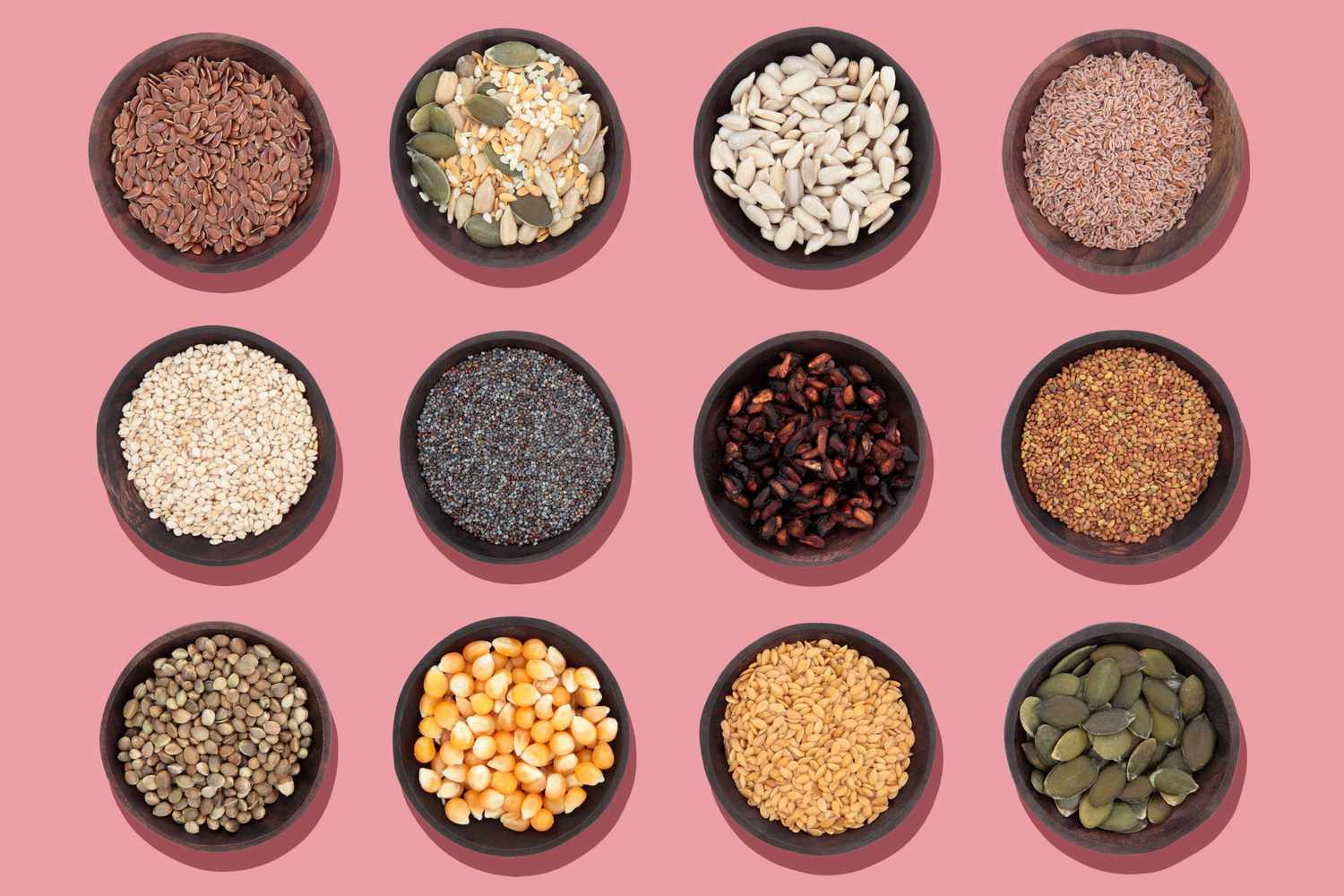

Garden Essentials
What Seeds Can You Eat
Modified: October 18, 2024
Discover a variety of garden seeds that you can enjoy as delicious and nutritious snacks. From sunflower to pumpkin, explore the tasty world of edible seeds.
(Many of the links in this article redirect to a specific reviewed product. Your purchase of these products through affiliate links helps to generate commission for Storables.com, at no extra cost. Learn more)
Introduction
When it comes to nutrition, we often focus on fruits and vegetables as the primary sources of vitamins and minerals. However, there is another group of plant-based foods that are often overlooked but are incredibly nutritious – edible seeds. These tiny powerhouses are packed with essential nutrients and can be eaten on their own or incorporated into a variety of dishes. In this article, we will explore some of the most popular seeds that you can add to your diet for a healthy and delicious boost.
Edible seeds come in all shapes and sizes, each with their own unique nutritional profile and culinary applications. From chia seeds to pumpkin seeds, the options are endless. Not only do these seeds provide a range of health benefits, but they also add texture and flavor to your meals.
In the next section, we will delve into the world of edible seeds and explore some of the top options that you can start incorporating into your diet today.
Key Takeaways:
- Edible seeds like chia, flax, and pumpkin offer essential nutrients like fiber and healthy fats, making them versatile and tasty additions to any diet.
- Incorporating a variety of seeds into your meals can provide unique flavors, textures, and health benefits, enhancing both the taste and nutritional value of your dishes.
Read more: What Can You Eat Chia Seeds With
Edible Seeds from Plants
Seeds are the reproductive structures found in plants and serve as a means of propagation. While many seeds are not suitable for consumption, there are several varieties that are not only safe to eat but also highly nutritious. Let’s take a closer look at some of these edible seeds:
- Chia Seeds: Chia seeds have gained popularity in recent years due to their impressive nutritional profile. They are rich in fiber, protein, omega-3 fatty acids, and antioxidants. They can absorb liquid and develop a gel-like consistency, making them a versatile ingredient in smoothies, puddings, and baked goods.
- Flaxseeds: Flaxseeds are a good source of omega-3 fatty acids, fiber, and lignans, which are plant compounds with anti-inflammatory properties. They have a slightly nutty flavor and can be ground into flaxseed meal or used whole. Sprinkle them onto yogurt, oatmeal, or include them in your baking recipes.
- Sesame Seeds: Sesame seeds are tiny, but they pack a punch when it comes to nutrition. These seeds are packed with minerals such as calcium, iron, and magnesium, along with healthy fats and fiber. They are commonly used as a topping for bread, salads, and stir-fries, or ground into tahini, a delicious paste used in Middle Eastern cuisine.
- Pumpkin Seeds: Pumpkin seeds, also known as pepitas, are not only tasty but also a great source of protein, magnesium, zinc, and antioxidants. They can be enjoyed roasted as a snack, sprinkled on salads, or used in baking recipes. Don’t forget to save the seeds when carving your Halloween pumpkin!
- Sunflower Seeds: Sunflower seeds are a popular snack and are loved for their nutty taste and crunchy texture. These seeds are high in vitamin E, selenium, and healthy fats. They can be enjoyed on their own, added to granola or trail mix, or used as a topping for salads and baked goods.
- Hemp Seeds: Hemp seeds are considered a complete protein, meaning they provide all nine essential amino acids. They are also rich in omega-3 fatty acids and fiber. These slightly nutty-tasting seeds can be sprinkled on salads, blended into smoothies, or used to make homemade hemp milk.
- Poppy Seeds: Poppy seeds are known for their unique flavor and are often used in baking and cooking. They are a good source of fiber, iron, and calcium. These tiny seeds can add a delightful crunch and taste to muffins, bread, and pastries.
- Quinoa Seeds: Quinoa is technically a seed and not a grain, although it is often referred to as a pseudocereal. It is a powerhouse of nutrition, containing a complete protein profile and high amounts of fiber, magnesium, and phosphorus. Quinoa seeds are cooked and can be used as a base for salads, stir-fries, or as a substitute for rice.
- Watermelon Seeds: Watermelon seeds are often discarded, but they can actually be roasted and consumed as a snack. These seeds are a good source of protein, healthy fats, and iron. Roasted watermelon seeds can be enjoyed on their own or added to trail mix.
- Pomegranate Seeds: Pomegranate seeds, also known as arils, are not only delicious but also packed with antioxidants, vitamin C, and fiber. They can be eaten on their own, sprinkled on salads, or used as a garnish for desserts and yogurt.
- Mustard Seeds: Mustard seeds are commonly used as a spice, but they are also edible. These small, round seeds have a pungent flavor and can be used in various dishes, including curries, salad dressings, and pickles. They provide minerals, antioxidants, and healthy fats.
These are just a few examples of edible seeds that you can incorporate into your diet. Each variety brings its own unique flavor and nutritional benefits. Experiment with different seeds to add variety to your meals and enjoy the numerous health benefits they provide.
Chia Seeds
Chia seeds have gained immense popularity in recent years due to their numerous health benefits and versatility in culinary applications. These tiny black or white seeds are derived from the plant Salvia hispanica, which is native to Mexico and Guatemala.
One of the key reasons why chia seeds have become a staple in many health-conscious households is their high nutritional value. They are an excellent source of fiber, providing a hefty dose of both soluble and insoluble fiber. This fiber content helps promote healthy digestion, regulate blood sugar levels, and support overall gut health.
Chia seeds are also packed with important omega-3 fatty acids, which are essential for brain health, reducing inflammation, and supporting heart health. In fact, chia seeds are one of the richest plant-based sources of omega-3 fatty acids.
In addition to fiber and omega-3s, chia seeds are rich in antioxidants, including polyphenols. These antioxidants help protect the body against harmful free radicals and reduce the risk of chronic diseases such as heart disease and certain types of cancers.
One unique property of chia seeds is their ability to absorb liquid and develop a gel-like consistency. When exposed to liquid, chia seeds form a gel around each seed, which can be useful in recipes for thickening sauces, creating egg substitutes, or making puddings and jams. This gel-like texture also helps keep you feeling fuller for longer, making chia seeds a great addition to weight management diets.
When it comes to incorporating chia seeds into your diet, the possibilities are endless. They can be sprinkled onto yogurt or oatmeal, added to smoothies for an extra nutritional boost, or used as a topping for salads. Chia seeds can also be used as an egg substitute in vegan baking recipes by mixing them with water to create a gel-like consistency.
However, it’s important to note that chia seeds should be consumed in moderation, as they are dense in calories. A typical serving size is around 1-2 tablespoons per day.
All in all, chia seeds are a nutrient-dense and versatile addition to any diet. With their impressive fiber, omega-3 fatty acid, and antioxidant content, chia seeds offer numerous health benefits and can be easily incorporated into a variety of dishes to boost both nutrition and taste.
Flaxseeds
Flaxseeds, also known as linseeds, are small seeds derived from the flax plant (Linum usitatissimum). These tiny seeds have been consumed for centuries and are known for their impressive nutritional benefits.
One of the key nutritional components of flaxseeds is their high fiber content. They are an excellent source of both soluble and insoluble fiber, which is important for maintaining digestive health and preventing constipation. The fiber in flaxseeds can also help regulate blood sugar levels, promote satiety, and support weight management.
Flaxseeds are also rich in omega-3 fatty acids, specifically alpha-linolenic acid (ALA). Omega-3 fatty acids play a crucial role in brain health, reducing inflammation, and supporting heart health. Consuming flaxseeds regularly can help increase your intake of these essential fatty acids, especially for those who follow a plant-based diet and do not consume fatty fish.
In addition to fiber and omega-3s, flaxseeds are a good source of lignans, which are plant compounds with antioxidant and estrogenic properties. Lignans have been studied for their potential role in reducing the risk of certain types of cancers, such as breast, prostate, and colon cancer.
Flaxseeds can be easily incorporated into your diet in various ways. One popular method is grinding the seeds into flaxseed meal, as this helps to enhance the absorption of nutrients. You can add flaxseed meal to smoothies, sprinkle it on top of yogurt or oatmeal, or use it as an egg substitute in baking recipes. You can also consume whole flaxseeds, although it’s important to chew them thoroughly in order to break down their tough outer shell and maximize their nutritional benefits.
It’s worth noting that flaxseeds are more effective when consumed ground rather than whole, as the whole seeds may pass through the digestive system without being fully digested. Therefore, if you choose to consume whole flaxseeds, it’s important to drink plenty of water to ensure proper digestion.
When storing flaxseeds, it is recommended to keep them in an airtight container in the refrigerator to maintain their freshness and prevent oxidation.
However, it’s important to note that flaxseeds contain a small amount of cyanide compounds, which are naturally present in many foods. The cyanide content in flaxseeds is considered safe for consumption, but it’s best to consume them in moderation and consult with a healthcare professional if you have any concerns.
All in all, flaxseeds are a nutritious addition to any diet. With their impressive fiber, omega-3 fatty acid, and lignan content, incorporating flaxseeds into your meals can provide a range of health benefits and add a nutty flavor and texture to your dishes.
Sesame Seeds
Sesame seeds are small, oil-rich seeds derived from the Sesamum indicum plant. They have been cultivated for thousands of years and are widely used in culinary traditions around the world.
One of the standout features of sesame seeds is their impressive nutrient profile. They are an excellent source of various minerals, including calcium, iron, magnesium, and zinc. These minerals play vital roles in bone health, energy production, immune function, and overall well-being.
Furthermore, sesame seeds are rich in healthy fats, particularly monounsaturated and polyunsaturated fats, including omega-6 fatty acids. These fats are essential for maintaining cardiovascular health, reducing inflammation, and supporting brain function.
In addition to their rich mineral and fat content, sesame seeds are also a good source of fiber, which is beneficial for digestion and helps promote feelings of satiety.
Sesame seeds are highly versatile and can be used in both sweet and savory dishes. They are often seen as a topping for bread, bagels, and buns, providing a delightful crunch and toasty flavor. They can be sprinkled on salads, stir-fries, and rice dishes to add texture and enhance the overall presentation.
One popular use of sesame seeds is in the form of tahini, a paste made from ground sesame seeds. Tahini is a key ingredient in Middle Eastern cuisine, used to make dips like hummus and baba ganoush, as well as in various dressings and sauces.
Furthermore, sesame oil, which is derived from sesame seeds, is commonly used in cooking and adds a distinct nutty flavor to dishes. It can be used for stir-frying, sautéing, and even as a dressing for salads.
When incorporating sesame seeds into your meals, it’s important to be mindful of portion sizes, as they are calorie-dense. A small handful or tablespoon is typically enough to enjoy the benefits and flavors of sesame seeds.
Whether you’re sprinkling them on your morning toast or using them as a flavorful seasoning, sesame seeds are a delicious and nutritious addition to any diet. Their impressive mineral, healthy fat, and fiber content make them a valuable ingredient that can elevate the taste and nutritional value of your meals.
Read more: What Seeds Can Budgies Eat
Pumpkin Seeds
Pumpkin seeds, also known as pepitas, are the edible seeds found within the flesh of pumpkins. They are a popular and nutritious snack that can be enjoyed on their own or used in a variety of culinary creations.
One of the reasons why pumpkin seeds are highly regarded is their impressive nutrient profile. They are a rich source of protein, providing all essential amino acids. Protein is essential for building and repairing tissues, supporting the immune system, and promoting healthy hair, skin, and nails.
In addition to protein, pumpkin seeds are packed with various vitamins and minerals. They are an excellent source of magnesium, iron, zinc, and manganese. Magnesium is important for nerve function and bone health, while iron is necessary for the production of red blood cells. Zinc is essential for immunity, and manganese plays a role in bone development and wound healing.
Pumpkin seeds are also rich in healthy fats, including omega-3 and omega-6 fatty acids. These fats are beneficial for heart health, reducing inflammation, and supporting brain function.
Furthermore, pumpkin seeds are a great source of dietary fiber. Fiber promotes healthy digestion, helps regulate blood sugar levels, and promotes a feeling of fullness, aiding in weight management.
Pumpkin seeds can be enjoyed in various ways. They can be eaten raw or roasted for a delicious and crunchy snack. Roasting pumpkin seeds brings out their natural flavors and enhances their nutty taste. You can experiment with different seasonings like salt, cinnamon, or paprika to customize the flavor to your liking.
In addition to snacking, pumpkin seeds can be used as a topping for salads, soups, and desserts, adding a delightful crunch and texture. They can also be ground into a powder and used as an ingredient in baked goods, smoothies, or energy bars.
When purchasing pumpkin seeds, opt for raw, unsalted varieties. This allows you to control the amount of salt and seasonings added to your seeds.
Whether enjoyed as a snack or featured in your favorite recipes, pumpkin seeds are a nutritious and versatile addition to your diet. Their high protein, nutrient, and healthy fat content make them a powerhouse of nutrition and a delicious way to support overall health and well-being.
Sunflower Seeds
Sunflower seeds, as the name suggests, are the seeds harvested from sunflowers (Helianthus annuus). They are a popular and highly nutritious snack that can be enjoyed in various forms.
Sunflower seeds are a rich source of healthy fats, including monounsaturated and polyunsaturated fats. These fats are known to have a positive impact on heart health, including reducing cholesterol levels and lowering the risk of cardiovascular diseases.
In addition to healthy fats, sunflower seeds are packed with essential vitamins and minerals. They are an excellent source of vitamin E, which is a powerful antioxidant that protects the body from oxidative damage. Vitamin E is also beneficial for skin health, immune function, and overall well-being.
Sunflower seeds are also a great source of several essential minerals, including magnesium, selenium, copper, and phosphorus. These minerals play vital roles in maintaining strong bones and teeth, supporting energy production, and promoting healthy immune function.
Fiber is another nutritional component found in sunflower seeds. Fiber is essential for promoting healthy digestion, preventing constipation, and regulating blood sugar levels. It also contributes to feelings of satiety, aiding in weight management.
There are different types of sunflower seeds available, including those with shells and without shells. Shelled sunflower seeds, also known as hulled sunflower seeds, are often preferred as they are easier to consume. However, sunflower seeds with shells can be a fun and interactive snack to crack open.
Sunflower seeds can be enjoyed on their own as a delicious and nutritious snack. They can also be used in cooking and baking, adding a delightful crunch and nutty flavor to dishes. Sunflower seeds can be sprinkled on salads, blended into pesto, incorporated into energy bars, or used as a topping for yogurt or oatmeal.
When purchasing sunflower seeds, it’s best to choose unsalted options to control your sodium intake. Roasted or dry-roasted sunflower seeds are also readily available, providing a flavorful and crunchy snack.
Overall, sunflower seeds are a versatile and nutritious addition to any diet. With their abundance of healthy fats, vitamins, minerals, and fiber, sunflower seeds offer numerous health benefits and can be enjoyed in a variety of ways to enhance both the taste and nutritional value of your meals.
Chia seeds, flaxseeds, pumpkin seeds, sunflower seeds, and sesame seeds are all edible and packed with nutrients. Just make sure to eat them in moderation as part of a balanced diet.
Hemp Seeds
Hemp seeds, also known as hemp hearts, are the edible seeds of the Cannabis sativa plant. They are incredibly nutritious and provide a wide range of health benefits.
One of the standout features of hemp seeds is their exceptional protein content. They are considered a complete protein source, meaning they provide all nine essential amino acids that the body cannot produce on its own. This makes hemp seeds an excellent choice for vegans, vegetarians, and individuals looking to increase their plant-based protein intake.
In addition to protein, hemp seeds contain a good balance of essential fatty acids, including omega-3 and omega-6 fatty acids. These fatty acids are crucial for brain function, reducing inflammation, and supporting heart health.
Hemp seeds are also a rich source of minerals, including magnesium, potassium, phosphorus, and iron. Magnesium plays a vital role in numerous bodily functions, such as muscle and nerve function, while potassium is necessary for maintaining proper hydration and supporting cardiovascular health. Iron is essential for red blood cell production and overall energy levels.
Furthermore, hemp seeds are rich in fiber, promoting healthy digestion and aiding in weight management. The fiber content in hemp seeds also helps to regulate blood sugar levels and promote feelings of fullness.
One of the unique aspects of hemp seeds is their ideal omega-6 to omega-3 fatty acid ratio of approximately 3:1. This balanced ratio is considered optimal for overall health, as many Western diets tend to have an excess of omega-6 fatty acids and a deficiency of omega-3s.
Hemp seeds have a mild, nutty flavor, making them a versatile addition to various dishes. They can be sprinkled on salads, yogurt, or oatmeal, blended into smoothies, or used as a topping for roasted vegetables. Hemp seed butter or milk can also be made from the seeds, offering alternatives for individuals with dietary restrictions or preferences.
When purchasing hemp seeds, ensure that they are from a reputable source and are produced organically to minimize exposure to pesticides and other contaminants.
Overall, hemp seeds are a highly nutritious superfood with an impressive nutrient profile. Their protein content, essential fatty acids, minerals, and fiber make them a valuable addition to a balanced diet, providing essential nutrients and supporting overall health and well-being.
Poppy Seeds
Poppy seeds are derived from the dried seed pods of the opium poppy plant (Papaver somniferum). While they are often associated with their culinary uses, such as adding flavor and texture to various dishes, they also offer a range of health benefits.
One notable aspect of poppy seeds is their high mineral content. They are a good source of calcium, magnesium, phosphorus, and zinc. These minerals are essential for maintaining healthy bones, supporting nerve function, and promoting overall well-being.
In addition, poppy seeds contain dietary fiber, which aids in digestion and helps prevent constipation. Including fiber-rich foods in your diet can contribute to a healthy digestive system and promote feelings of fullness, making it easier to maintain a balanced diet.
Poppy seeds also contain trace amounts of various vitamins, including thiamine (vitamin B1), niacin (vitamin B3), and folate (vitamin B9). These vitamins play crucial roles in energy production, supporting brain function, and maintaining overall health.
It’s worth noting that poppy seeds have a distinct flavor that can vary from nutty to mildly sweet. They are commonly used in baking, where they add a delightful crunch and unique taste to bread, muffins, and pastries. Many cuisines also incorporate poppy seeds into savory dishes, such as curries and spice blends.
While poppy seeds offer numerous health benefits, it’s important to consume them in moderation. The seeds do contain minute amounts of opiate alkaloids, although the levels are very low and unlikely to have any psychoactive effects. However, it’s recommended to avoid consuming excessively large quantities of poppy seeds, especially if you are subject to regular drug testing.
When purchasing poppy seeds, it’s best to choose high-quality, organically sourced seeds. This ensures that you are getting a clean and unadulterated product.
In summary, poppy seeds not only add flavor and texture to dishes but also provide a range of nutrients. They are a good source of minerals and vitamins and offer dietary fiber. So go ahead and sprinkle some poppy seeds on your next baked creation or experiment with them in your favorite recipes to enjoy their unique taste and reap their health benefits.
Read more: What Seeds Can Chickens Eat
Quinoa Seeds
Quinoa (pronounced KEEN-wah) is often referred to as a grain, but it is actually a seed that comes from the Chenopodium quinoa plant. Quinoa has gained popularity worldwide due to its impressive nutritional value and versatility in cooking.
One of the notable features of quinoa is its high protein content. It is considered a complete protein, meaning it contains all nine essential amino acids that the body needs. This makes it an excellent plant-based protein source for vegetarians, vegans, and individuals looking to incorporate more protein into their diets.
In addition to protein, quinoa is rich in fiber, which supports healthy digestion and helps maintain regularity. The fiber content in quinoa also contributes to prolonged feelings of satiety, making it a great option for those aiming to manage their weight.
Quinoa is also a good source of various vitamins and minerals. It contains notable amounts of manganese, magnesium, phosphorus, and folate. Manganese is important for bone health and energy production, while magnesium supports muscle and nerve function. Phosphorus is essential for maintaining healthy bones and teeth, and folate is necessary for cellular growth and development, particularly during pregnancy.
Quinoa is gluten-free, making it an excellent grain substitute for individuals with gluten sensitivities or celiac disease. Its versatility in the kitchen allows it to be used as a base for salads, added to soups and stews, or enjoyed as a side dish. It can also be ground into flour and used in baking recipes.
Another advantage of quinoa is that it cooks relatively quickly compared to other grains. It is generally prepared by rinsing the seeds to remove the coating of bitter compounds called saponins, and then cooked in water or broth. The cooking process enhances the nutty flavor and results in fluffy, slightly chewy seeds.
When purchasing quinoa, you may find different varieties available, such as white, red, black, or tri-color (a mixture of all three). Each variety offers a slightly different flavor and texture, allowing you to experiment and discover your preferences.
Overall, quinoa is a nutrient-dense seed that provides an array of health benefits. From its high protein content and fiber to its beneficial vitamins and minerals, quinoa is an excellent addition to a balanced diet. Incorporate this versatile seed into your meals to enjoy its unique flavor, satisfying texture, and numerous nutritional advantages.
Watermelon Seeds
Watermelon seeds, often overlooked and discarded, are actually edible and offer surprising health benefits. These small seeds are found within the juicy flesh of watermelons (Citrullus lanatus).
While watermelon seeds are low in calories, they are a rich source of protein, healthy fats, and essential minerals. They contain important nutrients such as magnesium, iron, potassium, and zinc.
Magnesium is essential for numerous bodily functions, including nerve and muscle function, as well as supporting a healthy immune system. Iron is crucial for oxygen transportation in the body, while potassium is vital for maintaining proper electrolyte balance and supporting heart health. Zinc plays a role in immune function, DNA synthesis, and wound healing.
In addition to minerals, watermelon seeds are high in healthy fats, including monounsaturated and polyunsaturated fats. These fats are essential for maintaining cardiovascular health, reducing inflammation, and supporting brain function.
Watermelon seeds can be enjoyed in various ways. One popular method is to roast the seeds, which brings out their nutty flavor and offers a crunchy texture. Roasted watermelon seeds can be eaten as a snack on their own, added to trail mix, or used as a topping for salads and desserts.
Moreover, watermelon seeds can also be pressed to extract oil, which is often used in cooking and skincare products. Watermelon seed oil is high in antioxidants, vitamin E, and fatty acids, making it a beneficial addition to beauty and wellness routines.
When consuming watermelon seeds, it’s important to eat them in moderation. While they offer health benefits, they are also calorie-dense, so it’s best to enjoy them as part of a balanced diet.
It’s worth noting that some watermelon seeds may be black and hard, while others may be white and softer. Both types are edible, and the texture difference is mainly a result of the watermelon variety.
Next time you enjoy a slice of watermelon, consider saving and roasting the seeds instead of discarding them. You’ll not only be reducing waste but also reaping the nutritional benefits of these often overlooked and underestimated seeds.
Pomegranate Seeds
Pomegranate seeds, also known as arils, are the jewel-like edible seeds found within the vibrant red fruit of the pomegranate tree (Punica granatum). These tiny seeds are not only delicious but also offer a wealth of health benefits.
Pomegranate seeds are rich in antioxidants, particularly polyphenols, which help protect the body against harmful free radicals. These antioxidants have been linked to various health benefits, including reducing inflammation, supporting heart health, and preventing chronic diseases such as heart disease and certain types of cancers.
In addition to antioxidants, pomegranate seeds are packed with essential vitamins and minerals. They are a good source of vitamin C, which plays a crucial role in immune function, collagen synthesis, and wound healing. Pomegranate seeds also contain vitamin K, which is important for blood clotting and maintaining bone health.
Fiber is another important component found in pomegranate seeds. Dietary fiber promotes healthy digestion, aids in weight management, and helps regulate blood sugar levels. The fiber content in pomegranate seeds can contribute to feelings of fullness, reducing the likelihood of overeating.
Pomegranate seeds are not only nutritious but also incredibly versatile in culinary applications. They can be enjoyed on their own as a refreshing snack, added to salads for a burst of color and flavor, or used as a garnish for desserts and yogurt parfaits.
Extracting the seeds from a pomegranate can be a somewhat time-consuming task, but it is well worth the effort. One way to extract the seeds is to carefully cut the fruit in half and gently tap the back of the fruit with a spoon, allowing the seeds to fall into a bowl.
It’s important to note that pomegranate seeds can stain, so be cautious when consuming them or using them in recipes. To minimize staining, enjoy pomegranate seeds in moderation and rinse or blot any juice that comes into contact with surfaces or clothing.
The next time you come across a pomegranate, don’t hesitate to indulge in the juicy, vibrant seeds. These little bursts of flavor not only add a delightful touch to your dishes but also provide a wide range of health benefits, making them a great addition to a well-rounded diet.
Mustard Seeds
Mustard seeds are small round or oval-shaped seeds that come from a mustard plant, belonging to the Brassicaceae family. They are widely used as a condiment, spice, or ingredient in various cuisines around the world and offer unique flavor profiles and health benefits.
One of the notable properties of mustard seeds is their rich content of antioxidants and bioactive compounds. These include glucosinolates, which are known for their potential anti-inflammatory, anti-cancer, and cardioprotective properties.
Mustard seeds are also an excellent source of minerals such as calcium, iron, magnesium, and selenium. Calcium is essential for strong bones and teeth, while iron is necessary for the production of red blood cells. Magnesium plays a vital role in various bodily functions, including muscle and nerve function, and selenium acts as an antioxidant and supports immune function.
Furthermore, mustard seeds are known for their high content of dietary fiber. Fiber aids in digestion, promotes regular bowel movements, and helps maintain stable blood sugar levels. Including mustard seeds in your diet can contribute to overall gastrointestinal health and provide a feeling of satiety.
Mustard seeds are commonly used as a spice in cooking. When heated or crushed, they release enzymes that give them their distinct pungent flavor and aroma. Mustard seeds can be used whole or ground, depending on the desired intensity of flavor in a dish.
Mustard seeds are a quintessential ingredient in mustard condiments, as they add a tangy and slightly spicy kick. They are also used in pickling, marinades, dressings, and rubs for meats and vegetables.
It’s worth noting that there are different varieties of mustard seeds, including yellow mustard seeds, brown mustard seeds, and black mustard seeds. Each variety has its own unique flavor and level of spiciness.
When incorporating mustard seeds into your cooking, it’s important to be mindful of personal preferences and the specific flavor profile desired in the dish. Mustard seeds can be lightly toasted or heated in oil to enhance their flavors before adding them to recipes.
Overall, mustard seeds are not only a flavorful addition to various dishes but also offer a range of health benefits. Their antioxidant content, mineral profile, and fiber content make them a valuable ingredient to include in your culinary repertoire for both taste and wellness.
Read more: Can You Eat Poppy Seeds When Pregnant
Conclusion
Edible seeds offer a treasure trove of nutritional benefits and culinary possibilities. From chia seeds to mustard seeds, each variety brings its own unique flavor, texture, and health benefits to the table.
Chia seeds and flaxseeds are excellent sources of fiber and omega-3 fatty acids, while sesame seeds and pumpkin seeds offer a wealth of minerals and healthy fats. Sunflower seeds provide a satisfying crunch and are rich in vitamin E, while hemp seeds provide plant-based protein and essential fatty acids. Poppy seeds add a delightful crunch and flavor, while quinoa seeds are a complete protein source. Watermelon seeds offer unexpected nutritional benefits and can be roasted for a tasty treat, and pomegranate seeds provide a burst of antioxidants and vitamins. Lastly, mustard seeds bring unique flavors and potential health benefits as a spice.
Incorporating these seeds into your diet can contribute to overall health and well-being. They can be enjoyed alone as snacks, sprinkled on salads or yogurt, blended into smoothies, or used as ingredients in various recipes. The possibilities are endless, limited only by your imagination.
As with any food, it’s important to consume seeds in moderation and be mindful of portion sizes. While seeds offer numerous health benefits, they are also calorie-dense, so it’s best to enjoy them as part of a well-balanced diet.
So, whether you’re looking to add a nutritional boost to your meals, experiment with new flavors, or explore plant-based protein options, edible seeds are a fantastic choice. Embrace their unique flavors, textures, and health benefits to elevate your culinary creations and nourish your body from the inside out.
Frequently Asked Questions about What Seeds Can You Eat
Was this page helpful?
At Storables.com, we guarantee accurate and reliable information. Our content, validated by Expert Board Contributors, is crafted following stringent Editorial Policies. We're committed to providing you with well-researched, expert-backed insights for all your informational needs.
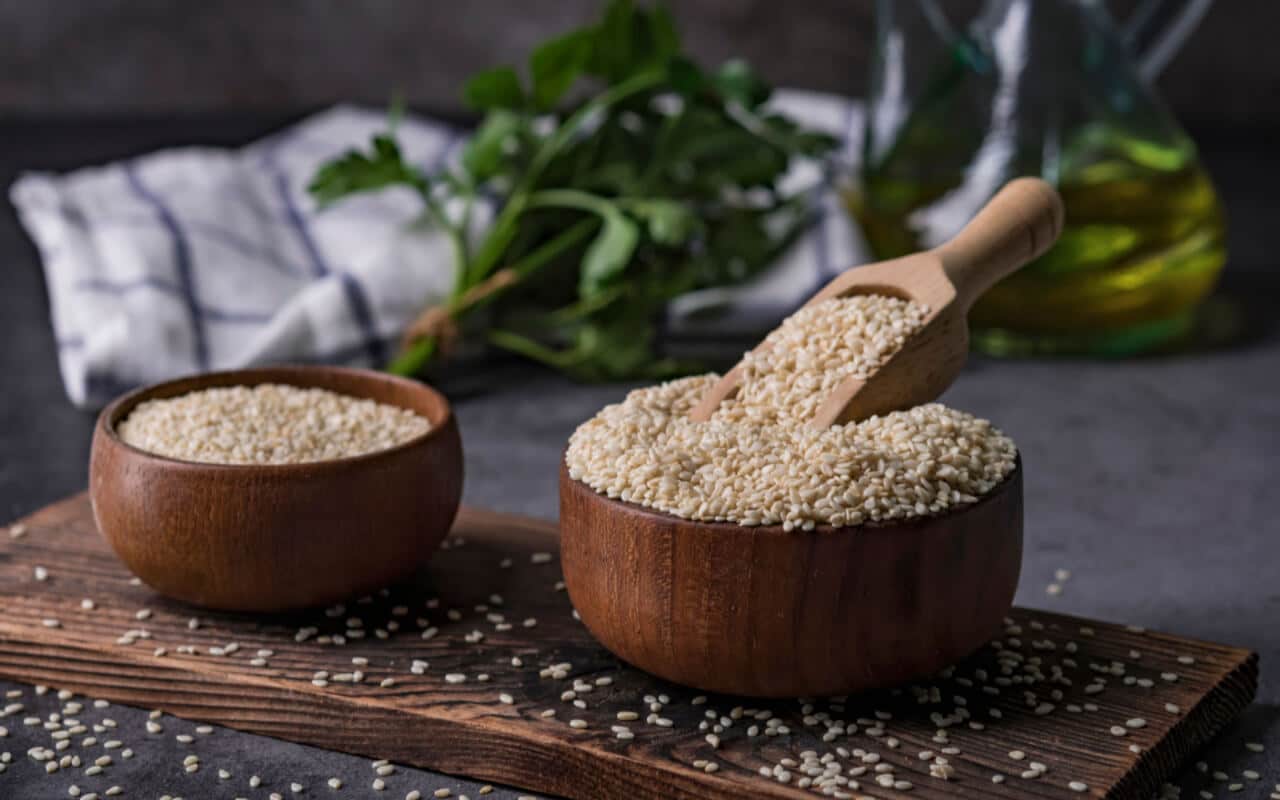
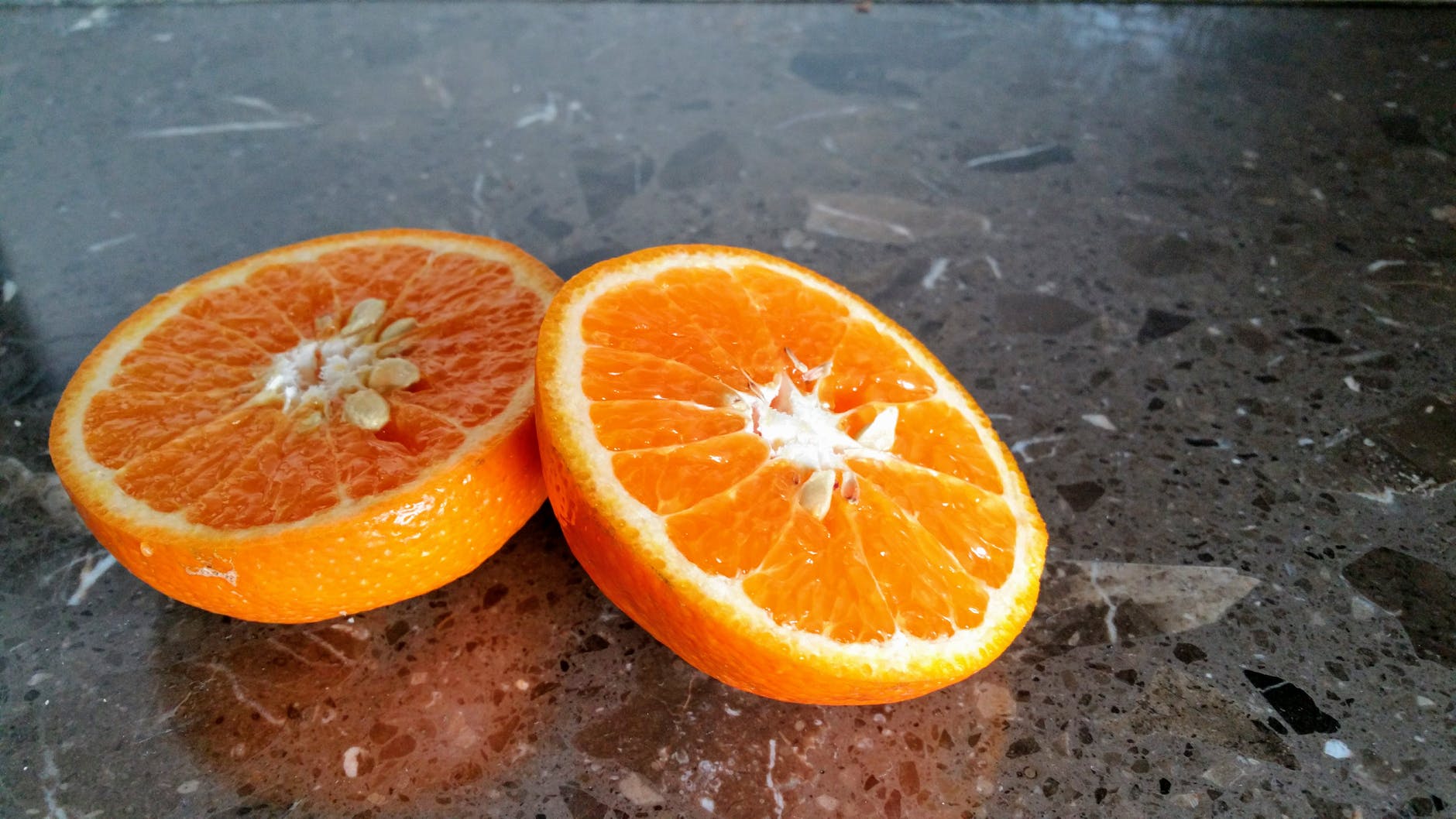
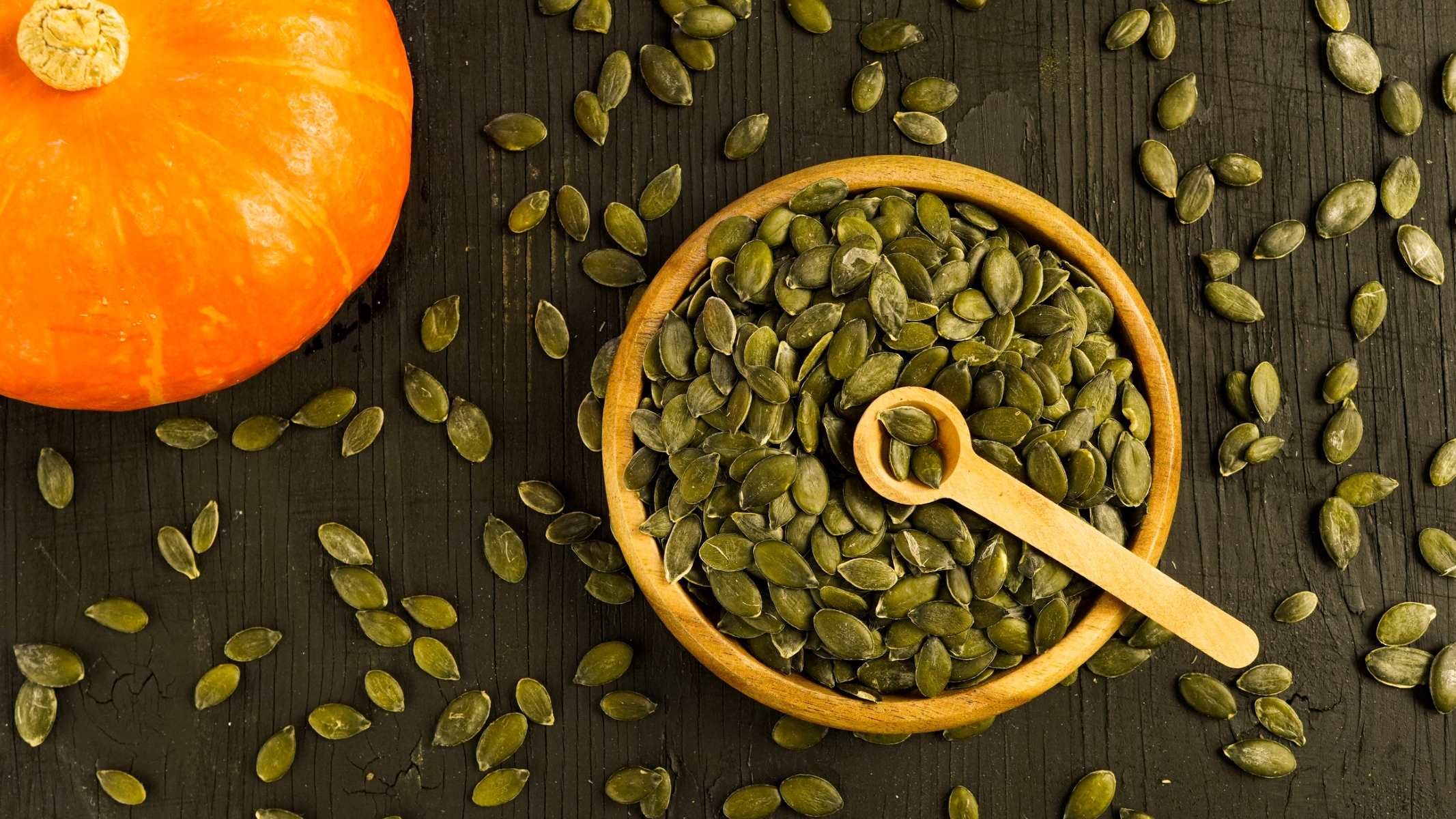
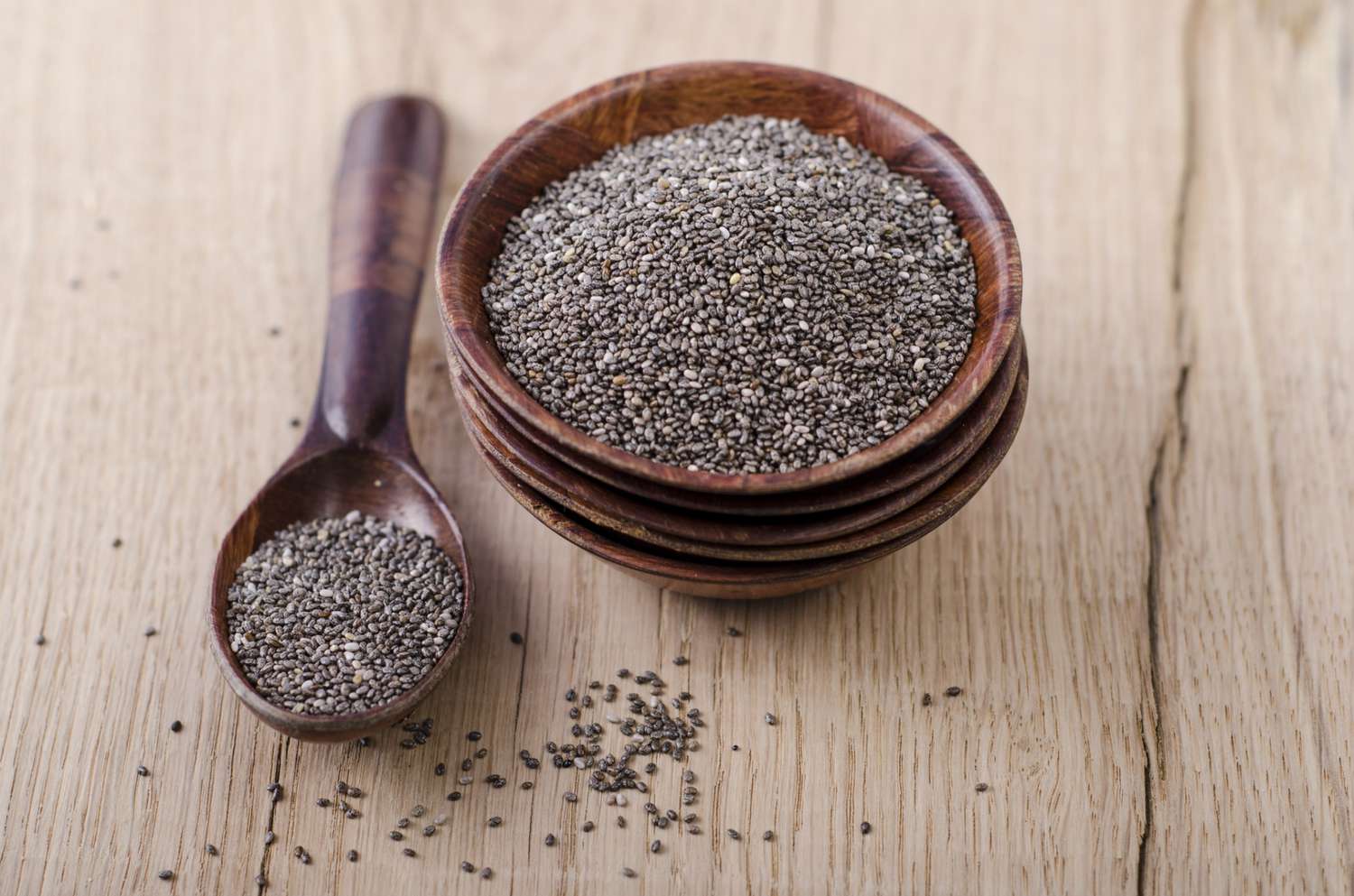
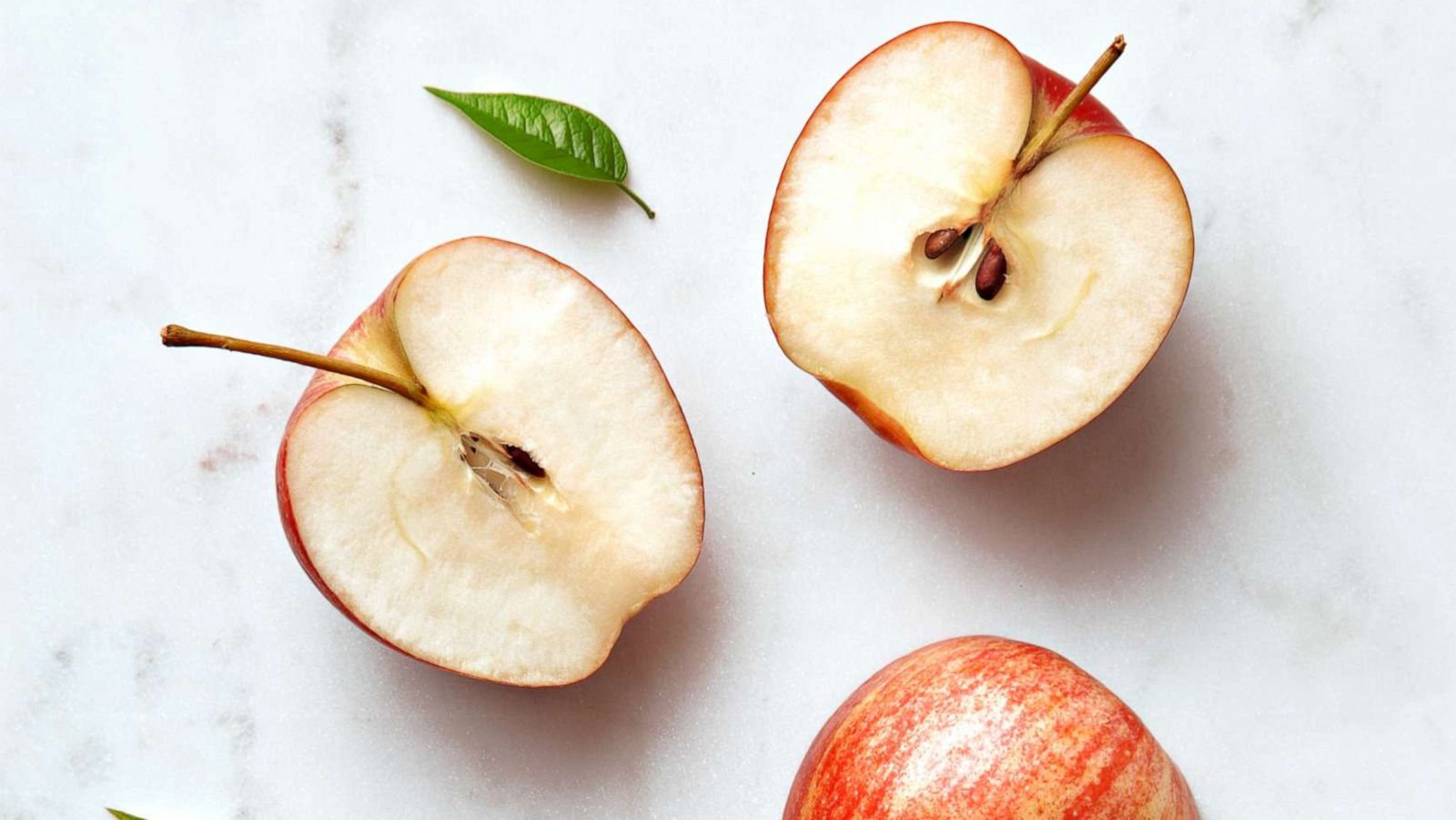
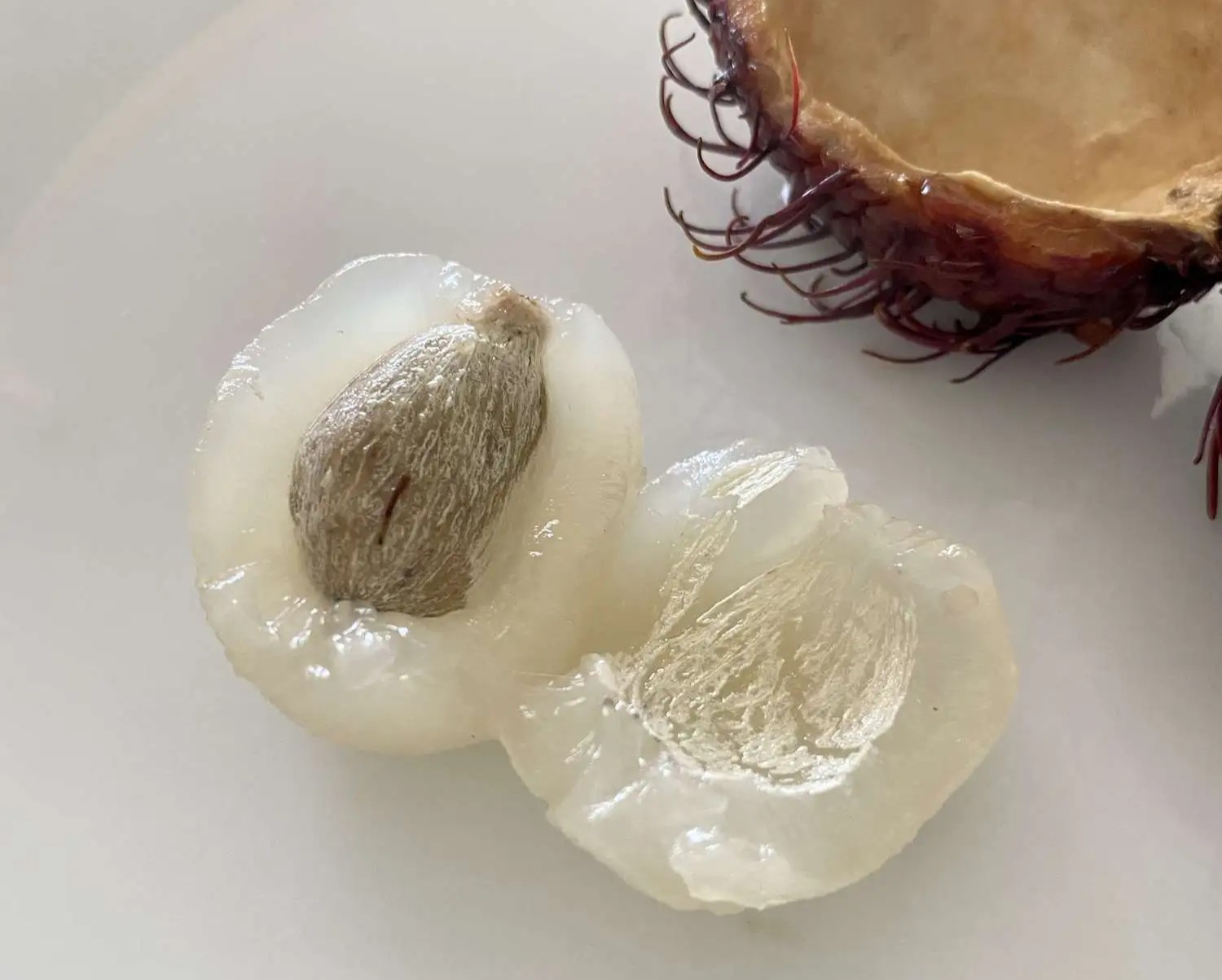
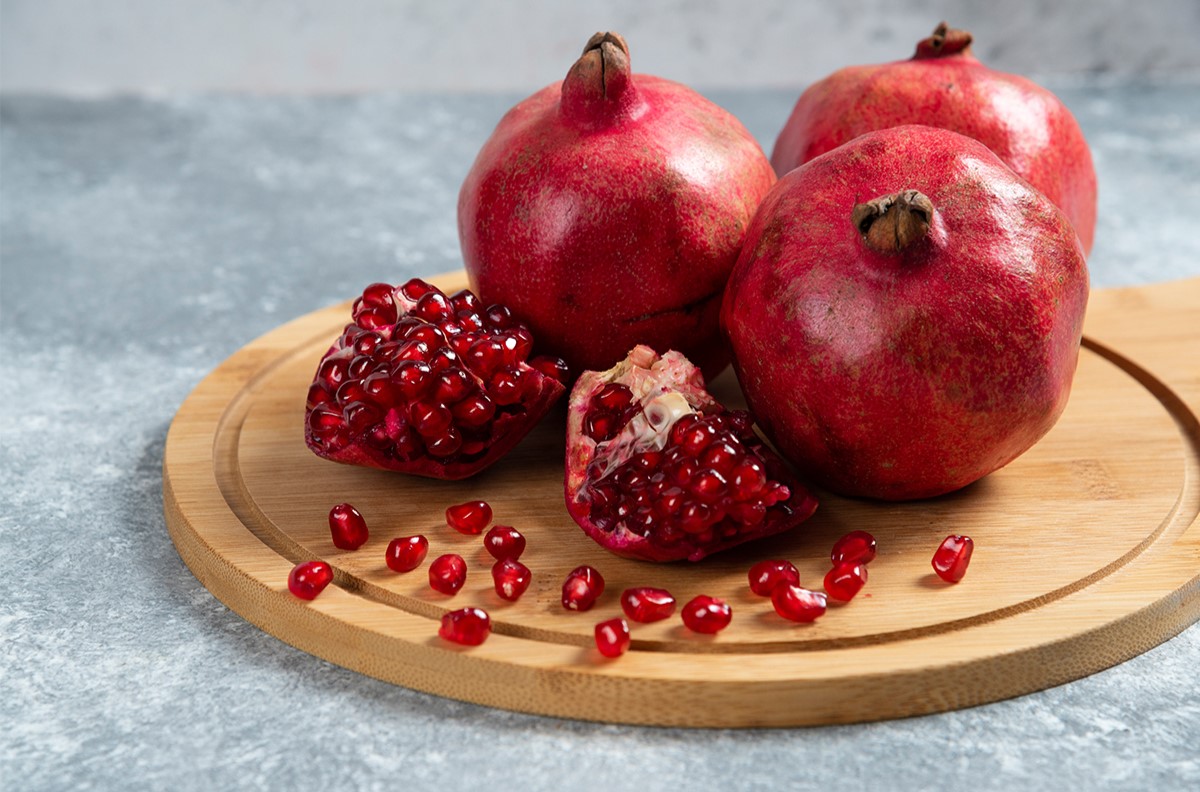
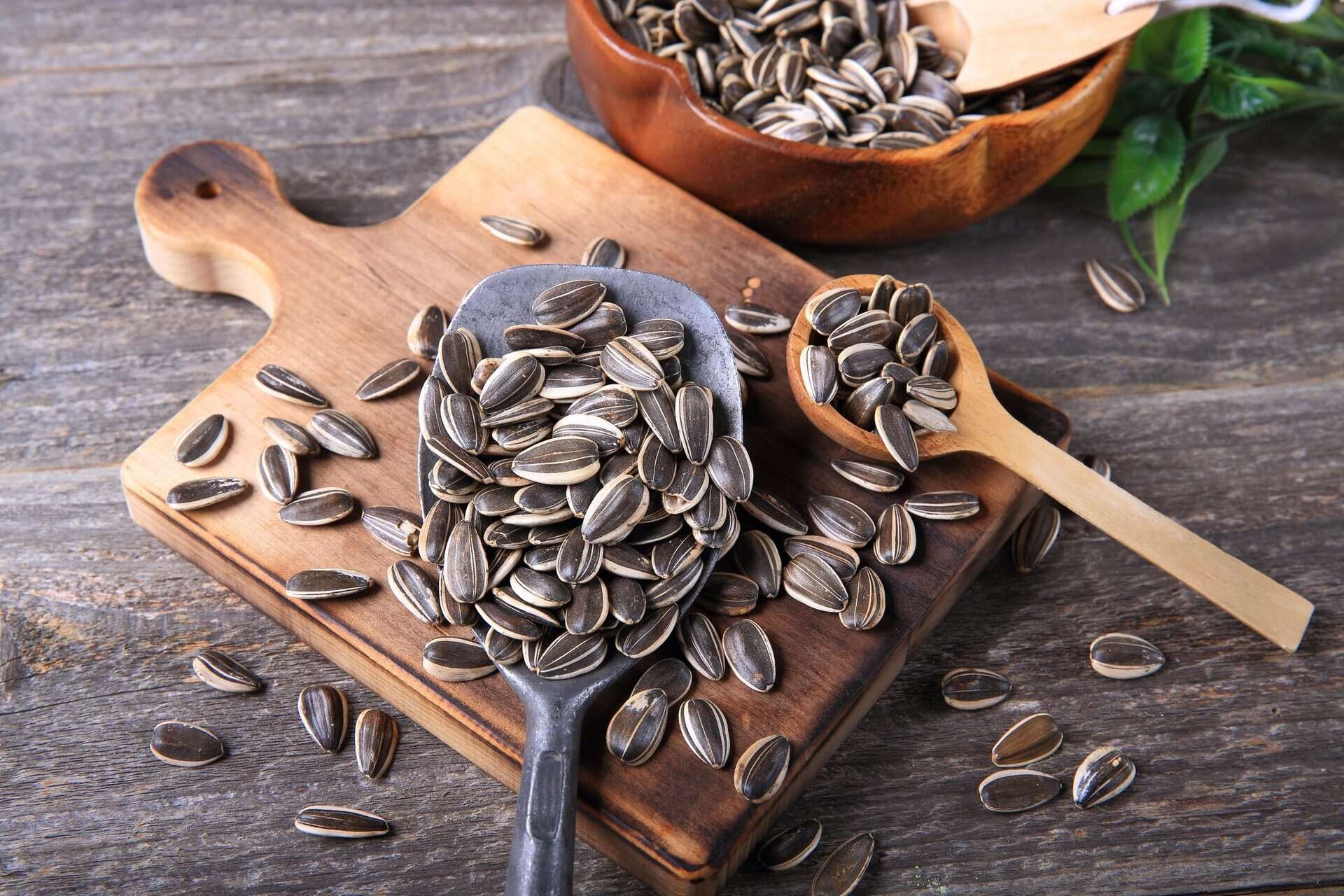
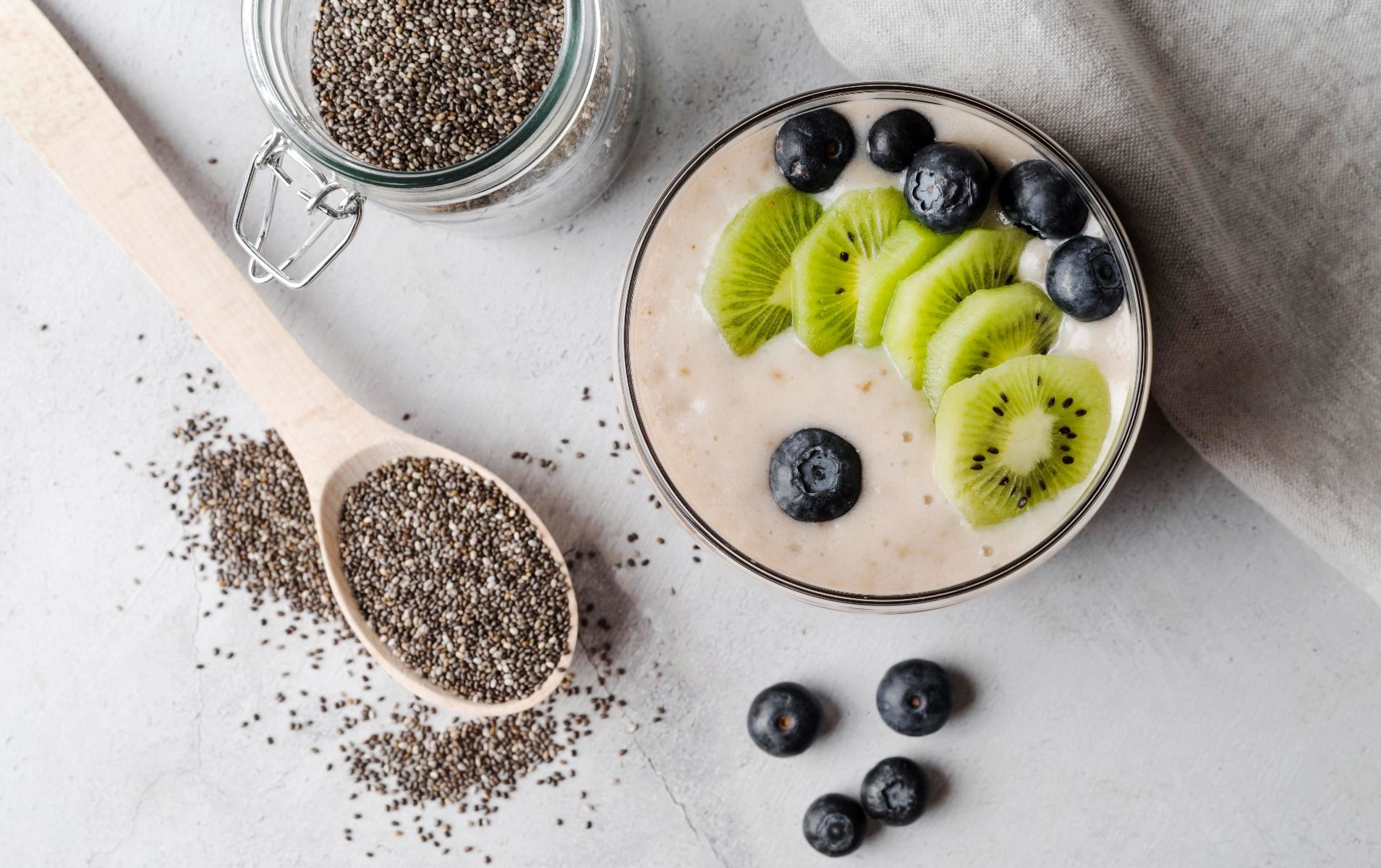
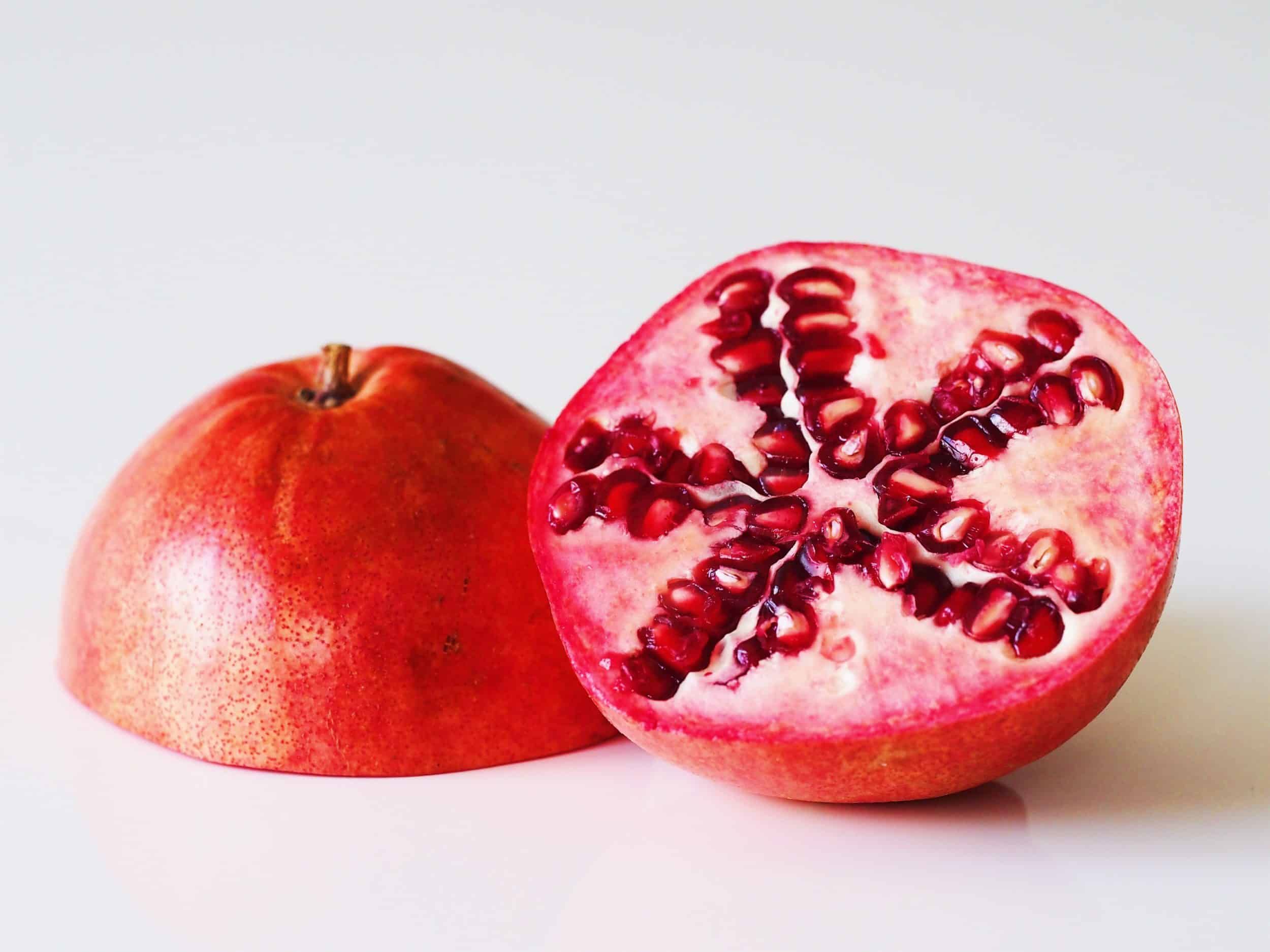
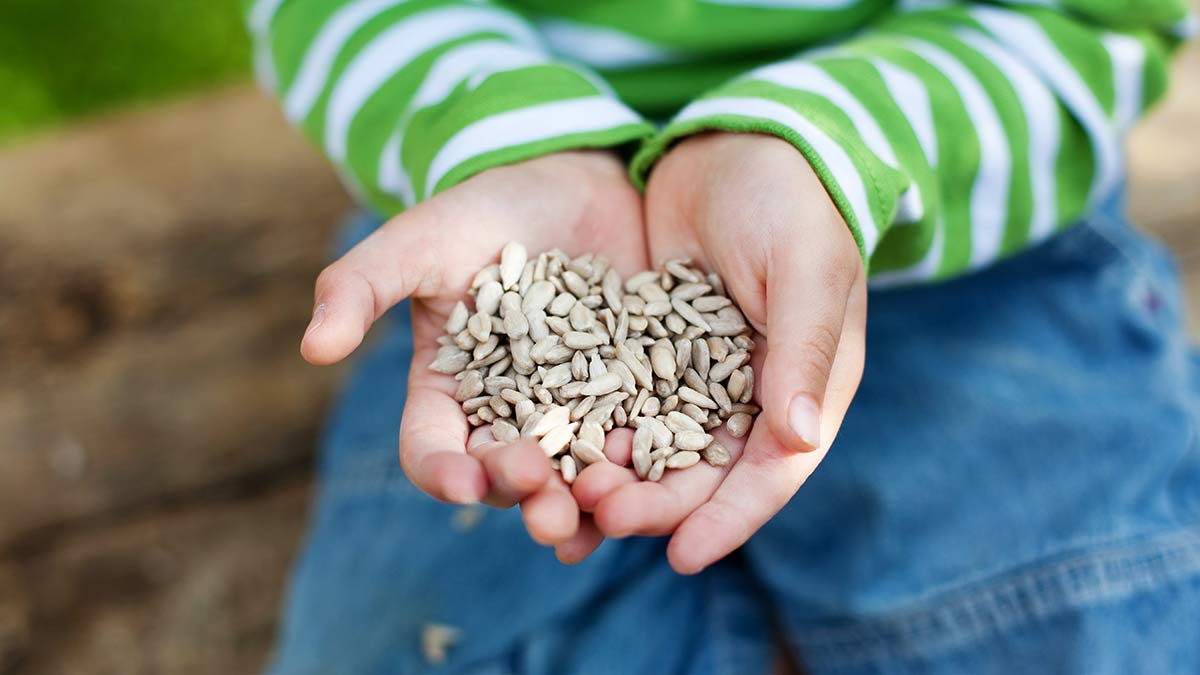
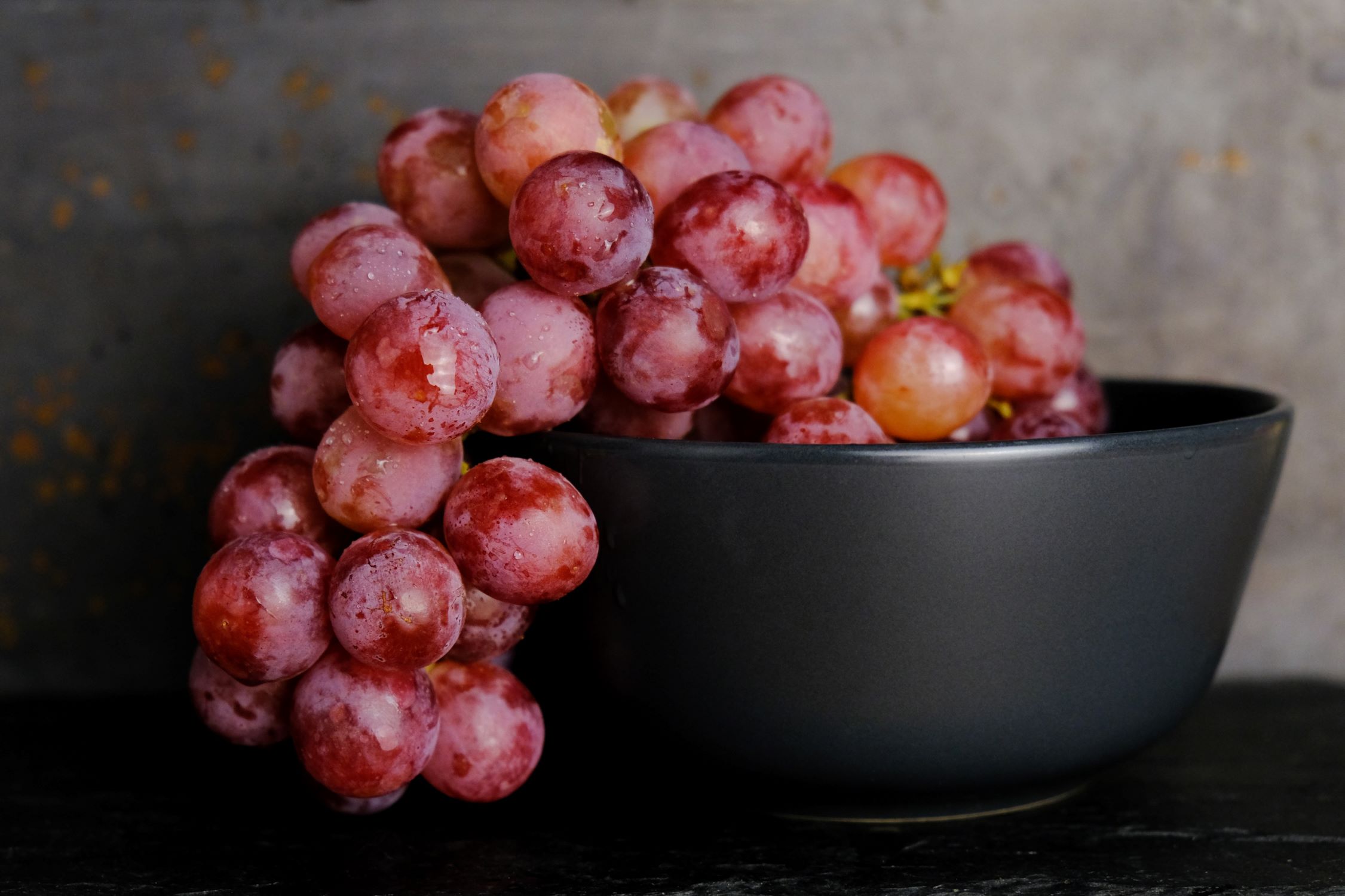

0 thoughts on “What Seeds Can You Eat”